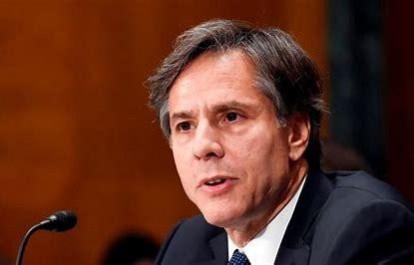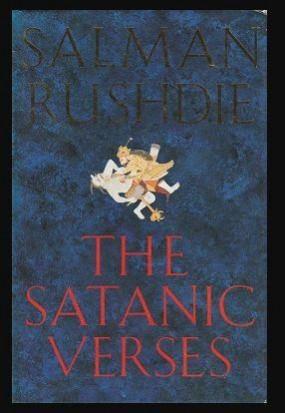Iran has denied any involvement in the attack on Indian-born writer Salman Rushdie in the US last week.
"There is no connection between Iran and the perpetrator," Foreign Ministry spokesman Nasser Kanaani said on Monday.
"Rushdie himself is responsible for the attack," dpa news agency quoted Kanaani as saying, noting that the author's work not only offended Iran, but Muslims worldwide.

US mentions Iran's role in attack
Iran's statement comes shortly after US Secretary of State Antony Blinken condemned the attack in the strongest words.
"We join those across the country and around the world who are keeping Salman Rushdie in our thoughts in the aftermath of this heinous attack. More than a literary giant, Rushdie has consistently stood up for the universal rights of freedom of expression, freedom of religion or belief, and freedom of the press. While law enforcement officials continue to investigate the attack, I am reminded of the pernicious forces that seek to undermine these rights, including through hate speech and incitement to violence," he said on Sunday.

He specifically mentioned Iran's role in the attack.
"Iranian state institutions have incited violence against Rushdie for generations, and state-affiliated media recently gloated about the attempt on his life. This is despicable," he added.
Salman Rushdie stabbed
Rushdie was stabbed onstage as he was about to deliver a lecture in New York State on August 12.
The writer is recovering in hospital and a 24-year-old suspect is in custody.
The Indian-born Briton's novel "The Satanic Verses" led to death threats from Iran in the 1980s.

Iran is increasingly coming in for criticism in the international community over a death sentence issued against the respected author in the 1980s.
Late Iranian leader Ayatollah Khomeini issued a religious edict, or fatwa, sentencing Rushdie to death more than 30 years ago because of "The Satanic Verses", published in 1988.
Khomeini accused Rushdie of insulting Islam, the prophet Mohammed and the Quran in his novel.















